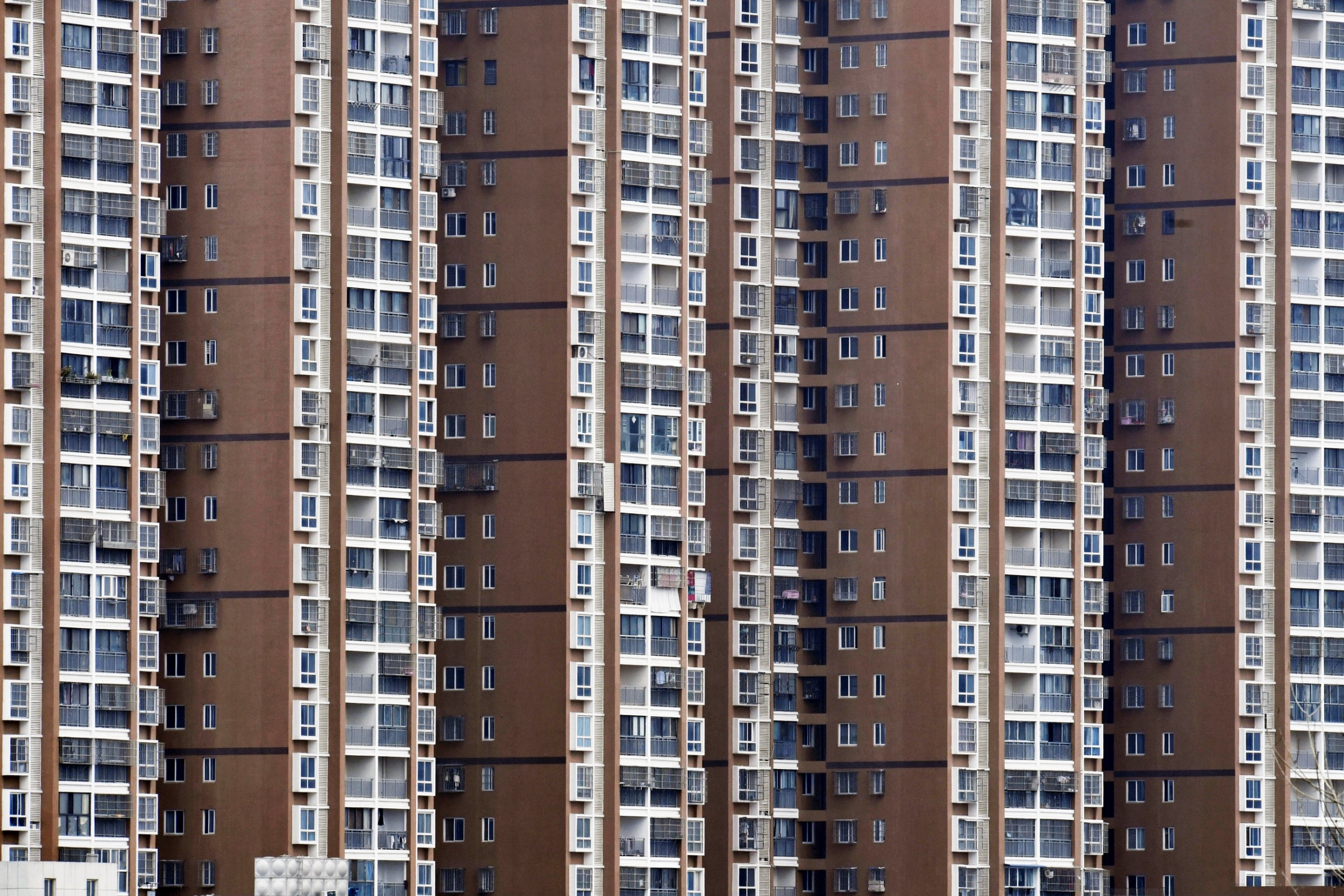Donald Trump defends using phrase 'Chinese virus' for coronavirus -
The unhappy coincidence of the Covid-19 pandemic and a US presidential election campaign has created a perfect breeding ground for malign mutations of this political virus
In the early years of the 20th century there was a deep fear among western societies, expressed both in politics and popular writing, that they were in danger of being overwhelmed by the Chinese: the “Yellow Peril”. Children’s comics were full of the exploits of the evil Dr Fu Manchu, a Bond-type villain bent on world domination. Even serious writers such as Jack London perpetuated the myth. In 1911, the British Home Office circulated material which warned of a “vast and compulsive armageddon to decide who is to be a master of the world; the white or yellow men”.
Such primitive racism has thankfully disappeared – though the recent upsurge of reported attacks on people of east Asian appearance suggests not entirely. The myth of the “Yellow Peril” was not just offensive but made no sense, since China was then a desperately poor, weak nation of no threat to anyone. For a while, Japan acted as a substitute threat in wartime and in its post-war economic renaissance. But we now have the real thing: a Chinese superpower with an economy on some measures bigger than the USA and comparable levels of technological sophistication.
It was only a matter of time before the “Yellow Peril” narrative resurfaced as a sign of the fear induced by Chinese wealth and power. The unhappy coincidence of the Covid-19 pandemic and a US presidential election campaign has created a perfect breeding ground for malign mutations of this political virus.
Donald Trump’s floundering and erratic response to the virus has left him in need of a plausible scapegoat. The Chinese mishandling of the early stages of the pandemic has handed him a lifeline especially when strengthened by conspiratorial hints of secret biological weapon laboratories in Wuhan. The demand for reparations may be far-fetched, even for Trump, but it reinforces the narrative of the US being a victim of Chinese economic exploitation through “unfair” trade and betrayed by “globalist” apologists for China, whether in the World Trade Organisation (WTO) or the World Health Organisation (WHO).
So round one of the US presidential campaign is set to be framed as “America First” Trump versus “Beijing Biden” and his Chinese controller Xi Jinping. The new generation of Republicans such as Mike Pompeo are burying the memory of Henry Kissinger and Condoleezza Rice and their “constructive engagement”, preparing the ground for a new cold war. Were this just an election ploy, we could expect a few months of harmless political knockabout, which could be forgotten afterwards. But it isn’t.
The Democrats are raising the stakes with some China-bashing of their own. They are more strident on human rights, but draw the wrong conclusion that these will be advanced by an even more aggressive and protectionist approach on trade. To ensure they are not “outflanked” on China, they will endlessly replay the clip of Trump praising the Chinese for their handling of the pandemic. A Biden administration could end up leading a more consistent and collegiate, but even more hostile, approach to China among the western democracies.
It must be acknowledged that the Chinese government is currently its own worst enemy. The petulant overreaction to every perceived snub or criticism is alienating neutrals, as its current attempt to treat the pandemic, like Trump, as an exercise in crude point scoring. And the Chinese government’s failure to acknowledge the role of poorly regulated and maintained wildlife markets in fomenting dangerous viruses wins it no friends.
The goodwill earned in Africa by Chinese aid has been squandered by racist party officials maltreating African students in China. Why not a proper apology? The almost hysterical reaction to anything involving recognition of Taiwan is baffling; a more subtle response would be to acknowledge that Taiwan’s impressive handling of Covid-19 is to be welcomed as an achievement within the Chinese family.
China has a good story to tell – if the focus is on humanitarian help and the work of its doctors and scientists, rather than trying to promote abroad a discredited Communist Party. The country’s earlier, pre-Covid embrace of the global institutions Trump attacks was a better model of how to make friends and influence people than prickly, defensive, nationalism.
Things could get much worse. An escalating, protectionist, trade conflict with China, which Trump says he wants, is not just politically dangerous; it would dampen hope of a post-coronavirus recovery in the world economy. Trump’s latest piece of recklessness is to threaten to smash the delicate financial equilibrium of mutual interest, whereby China supports the supremacy of the dollar in international finance by buying up vast amounts of US treasury bills and holding onto dollar assets, preserving their value.
Where does this leave the UK? In the pre-coronavirus world the government was hanging onto Trump’s coat-tails in the hope that some kind of bilateral UK/UK trade agreement could be waved in the air to celebrate liberation from the tyranny of Europe. But Trump now has other things on his mind – and so ought we.
There is a basic choice as to whether to join the Americans in what will very probably be a long period of geopolitical, and perhaps even military, confrontation with China. It is easy to see an anti-Chinese political coalition developing: liberals and libertarians; neo-cons and socialists; geopoliticians and military men and then security coalitions involving the US, the UK. Australia, Japan, Vietnam, India and others. It doesn’t need much to construct a bonfire of tinder.
Alternatively, we can keep the focus on economics and areas of common interest with China from trade and investment to climate change and species preservation. That is the German approach. Germany has profited hugely from capital goods exports to China but is also very cautious about losing intellectual property through Chinese corporate takeovers. The UK should work with the Europeans, Japanese, Canadians and others to bring Chinese state capitalism within the rules of the WTO, not allow a retreat into Twitter warfare.
Show all 16
I should declare an interest, having worked in the coalition government with David Cameron and George Osborne for five years to create the “golden era” of UK relations with China. I think it was the right approach and, with caution, should be continued. The Chinese have invested a great deal in the UK – much admittedly in property, but also in seeking to rescue manufacturers in Coventry, Scunthorpe and elsewhere. Their offer to invest in high-speed rail and nuclear power carries risks but these can be managed. The same is true of Huawei, which the “cold warriors” are still targeting despite the government’s sensible compromise on 5G technology. Our universities have benefited greatly from Chinese students who are not just cash machines but, as I see at the London School of Economic, intellectually curious and making the effort to learn our language: a courtesy we rarely reciprocate.
With China’s rapid re-emergence as an economic powerhouse after centuries of isolation and under-development, the scare stories about the “Yellow Peril” were always likely to have a revival, albeit disguised in more palatable language. The challenge of avoiding such paranoia is especially difficult in the US, which is used to being number one.
Britain has no such excuse. Snubbing modern China will do nothing for human rights, domestic security or global stability. We should be committed to working with and influencing this rising superpower – without illusions, but also without fear.
Vince Cable is the former leader of the Liberal Democrats
https://www.independent.co.uk/voices/china-coronavirus-trump-us-yellow-peril-cold-war-a9499221.html



